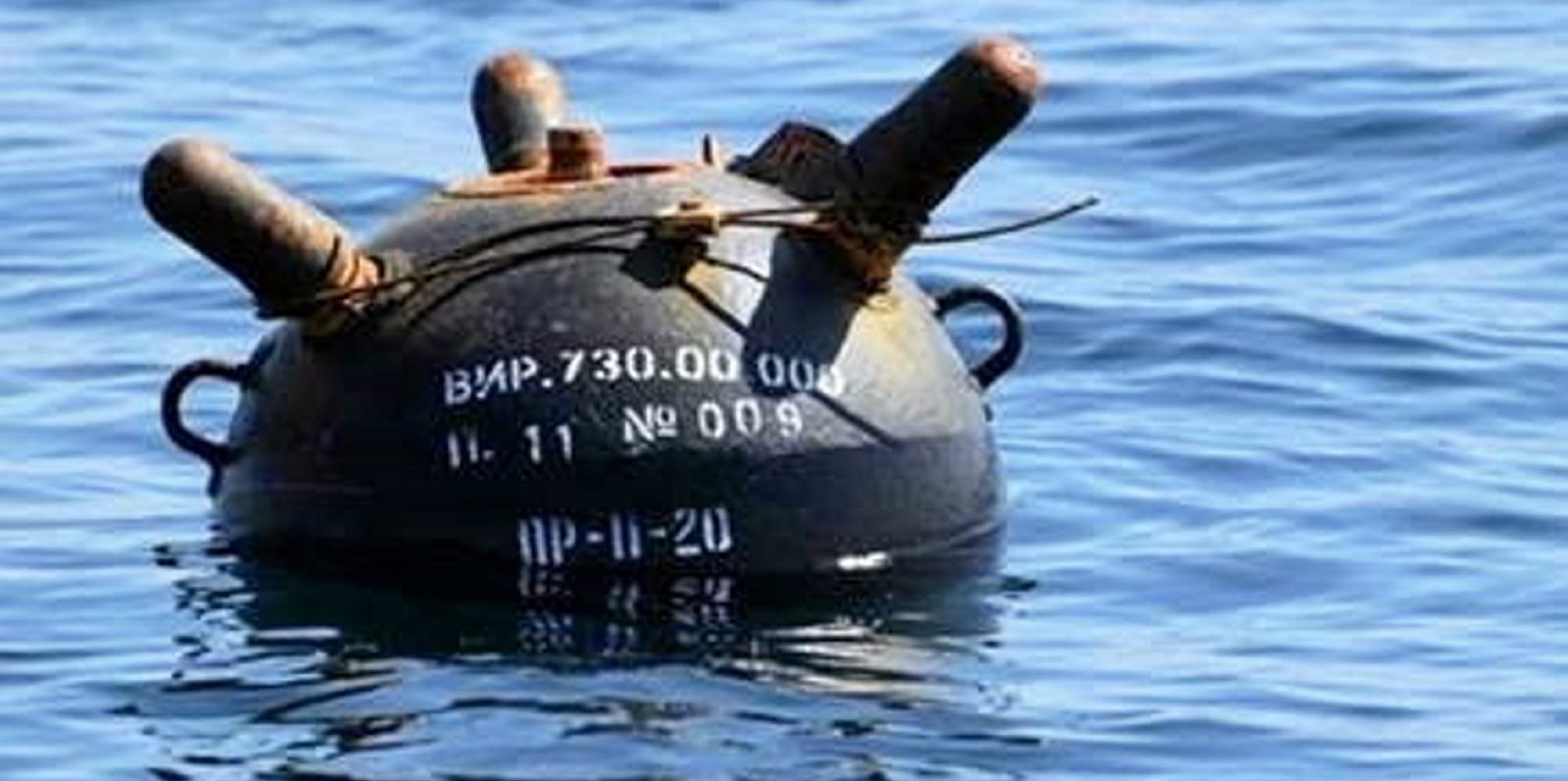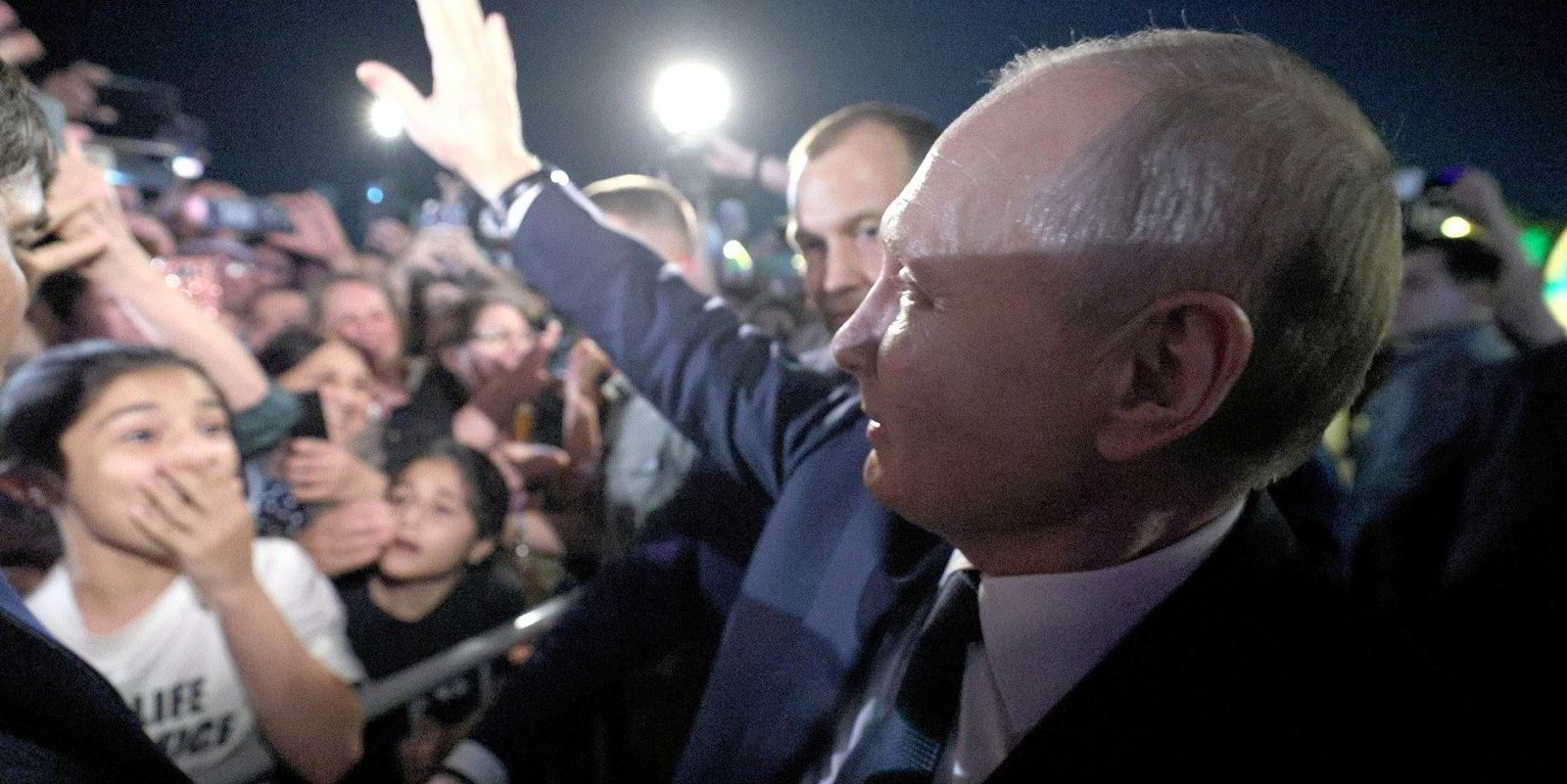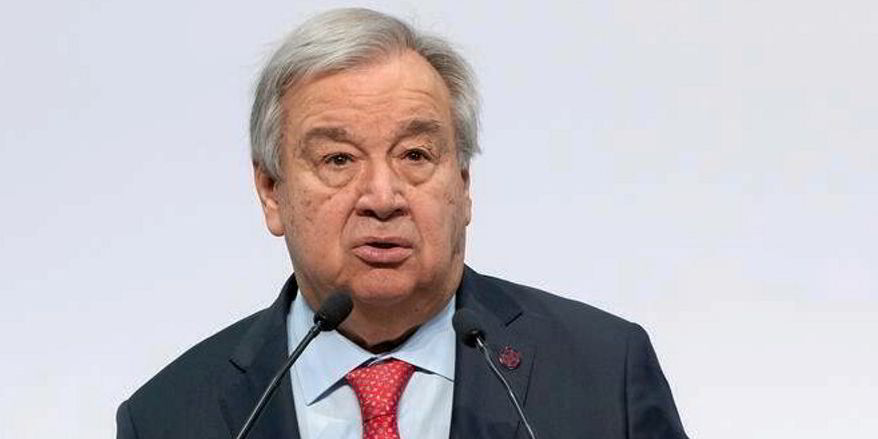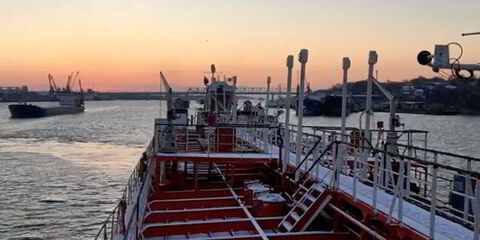Russia’s defence ministry has warned seafarers operating in Ukrainian territorial waters in the north-west Black Sea on Friday, citing increased risk from floating mines.
“The warning to seafarers is due to the discovery of a Ukrainian sea mine that was drifting uncontrollably, endangering the safe navigation of civilian ships,” the Russian authorities said.
The statement did not clarify exactly where and when the mine was detected.
The northwest Black Sea is the area through which ships sail under the United Nations-led Black Sea Grain Initiative.
It is unclear if the warning is linked in any way to last-minute bargaining between Russia, Ukraine, Turkey and the UN to extend this maritime corridor for Ukrainian grain, which is set to expire on 17 July.
After repeated Russian threats over the past months to end the BSGI, President Vladimir Putin said on 13 July that his country might suspend it, as TradeWinds reported.
On Friday, Turkish President Recep Tayyip Erdogan caused confusion when he told reporters outside a mosque following Muslim Friday prayers that he and Putin were “of one mind” that the initiative should continue.
UN sources, however, denied confirming that any agreement to extend the deal has been reached yet.
The latest state of play is rather that the UN still awaits a formal response to written proposals submitted to Putin on 11 July, in which it offered concessions to Moscow — mainly the softening of financial sanctions that would allow the Russian Agricultural Bank to reconnect to the SWIFT global interbank payment system.
Despite his initial phrase that seemed to be suggesting that Putin has agreed to an extension, Erdogan immediately clarified by adding: “I pray that with this letter [by the UN], we will ensure the extension of the grain corridor.”
Speaking after Erdogan on Friday, neither Kremlin spokesman Dmitry Peskov nor UN spokesman Stephane Dujarric confirmed that an agreement has been reached so far.
“We are still waiting for a response to the letter,” Dujarric said.
Putin said on Thursday that Russia might suspend the grain initiative until the UN and Western countries honour pledges given last year about furthering Moscow’s own agricultural trade and exports.
“We will think. There are still a few days. We will think about what to do,” he said.





